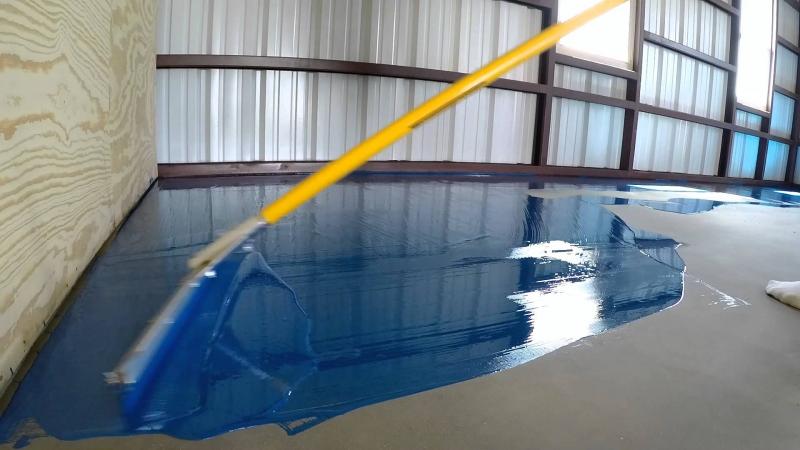The Ultimate Guide to Floor Coatings: Enhance, Protect, and Beautify Your Surfaces with Professional Coating Solutions
Floor coatings are specialized products applied to various types of flooring surfaces to enhance their durability, appearance, and performance. These coatings offer a protective layer that not only safeguards the underlying floor but also adds aesthetic appeal to the space. From residential homes to commercial establishments and industrial facilities, floor coatings have become an essential aspect of modern construction and renovation projects.
Benefits of Floor Coatings:
Enhanced Durability: One of the primary advantages of floor coatings is their ability to provide exceptional durability to the underlying floor. Whether it's concrete, wood, epoxy, or other materials, the coating acts as a shield against wear and tear, foot traffic, chemical spills, and other potential damage. This prolongs the life of the floor, reducing the need for frequent replacements and repairs.
Improved Safety: Many floor coatings come with anti-slip properties, making them ideal for high-traffic areas or spaces that are prone to moisture. The enhanced grip reduces the risk of slip-and-fall accidents, creating a safer environment for occupants, employees, and visitors.
Aesthetic Appeal: Floor coatings come in a wide range of colors, finishes, and textures, allowing you to customize the appearance of your floors. Whether you prefer a glossy, matte, or textured finish, there's a coating option to complement any interior design theme.
Easy Maintenance: Coated floors are much easier to clean and maintain than uncoated surfaces. The smooth, non-porous nature of most coatings prevents dirt and stains from penetrating the floor, making it simple to wipe away spills and debris.
Chemical Resistance: In industrial settings or places where chemicals are frequently used, certain floor coatings offer excellent chemical resistance. This prevents the floor from corroding or deteriorating when exposed to harsh substances, ensuring the integrity of the surface.
Cost-Effective: While the initial investment for floor coatings may seem higher than leaving the floor uncoated, the long-term benefits more than justify the cost. The reduced need for repairs, replacements, and maintenance translates to cost savings over time.
Types of Floor Coatings:
Epoxy Coatings: Epoxy floor coatings are popular for their high durability and chemical resistance. They are commonly used in garages, warehouses, industrial facilities, and even residential spaces.
Polyurethane Coatings: Polyurethane floor coatings are known for their exceptional abrasion resistance and flexibility. They are often used in spaces with heavy foot traffic or where impact resistance is crucial.
Acrylic Coatings: Acrylic floor coatings are commonly used for decorative purposes in residential and commercial spaces. They offer a range of finishes and can be used to create various design effects.
Polyaspartic Coatings: Polyaspartic floor coatings are a type of fast-curing coating, making them suitable for projects with tight timelines. They are often used in commercial and industrial settings.
Application Process:
The application of floor coatings requires careful preparation and execution to ensure the best results. Here's an overview of the typical process:
Surface Preparation: Before applying the coating, the floor surface needs to be thoroughly cleaned, and any existing coatings, adhesives, or impurities must be removed. This may involve methods such as shot blasting, grinding, or chemical cleaning.
Priming: In some cases, a primer is applied to the prepared surface to promote adhesion and ensure an even coat.
Coating Application: The floor coating is applied using rollers, brushes, or spray equipment, depending on the type of coating and the size of the area.
Curing and Drying: After application, the floor needs to cure and dry according to the manufacturer's instructions. This process is crucial to achieving the desired properties of the coating.
Optional Topcoat: In certain situations, a topcoat may be applied to enhance the coating's performance and appearance further.
Final Inspection: Once the coating has fully cured, a final inspection is conducted to ensure quality and uniformity across the entire surface.
Conclusion:
Floor coatings have revolutionized the flooring industry, providing a range of benefits that go beyond just protection. From increased durability and safety to a vast array of design options, floor coatings have become an essential tool for architects, contractors, and homeowners alike. By investing in high-quality floor coatings and following proper application procedures, you can transform your floors into long-lasting, visually stunning surfaces that stand the test of time.
